Is Your Child Responsibly Religious?
It is interesting to trace the formation of religions from evolutionary or historical perspectives. Fundamentally source of any religion is a scripture of explanation for “Who is God?”, “What is his nature?” “What is the purpose of life?” “Why are we here on this planet?” etc.
The human mind, being a cause seeking machine must have a source to explain all these metaphysical queries. It is in his nature to attribute the cause of any phenomenon, which cannot be explained by logical faculties of his mind, to some divine entities. According to historians, religions are human attempts to comprehend existence. India has been a land of millions of Gods. All these Gods are nothing but a consequence of this fundamental urge of human intellect to attribute the cause of happenings around him.
In this 21st century, there aren’t many who create Gods or religions. The explosion in science and technology has almost wiped away that trend from society. At present we are rather interested in ferociously interpreting the religions which we follow and safeguard its boundaries. We work hard to explain why we follow a certain religion. And the task is all the more difficult in this era of the scientific revolution. Each moment we have to beat the ramparts of rational (logical) thinking of our brain which is getting mightier than ever, thanks to the evasion of scientific discoveries.
Knitting person and religion
Aligning personal life with religion is rather a skill which parents must teach their wards from the childhood itself. For most parents, religion is the ultimate solution for any complexities of life. Yes, it might be. But effectively figuring out effective solutions for many conundrums of life with the help of religion—it is a skill, learned skill. Blind adherence to religion will not help to develop this skill of “realistically aligning personal life with the religion”.
We, who adhere to a particular religion, weigh our decisions and choices against religious dogmas and rites. It is something we do inadvertently in all walks of our life if we are really religious. The intention behind it is to ensure the compatibility of individual choices with existential laws as explained by religion. It is our way of living in devotion to the deity or god, of the religion.
While doing this, we may flounder in our ways of referring to the religion or deriving succour from it. For instance, we may –
- Export responsibility of our health to God up in the sky.
- Believe in the power of prayer over developing good health habits and remedies…
- Explain away miseries of our neighbours as will or curse of God.
- Attribute cause of illness to the curse of God or the sins our ancestors committed.
- Pawn personal sense of agency to God’s will.
- Overestimate divine intervention and underestimate the personal effort and shy away from persistence and hard work.
These are some behavioural and cognitive patterns inadvertently develop in response to practising religious avocations and dogmas. To be frank, they often hinder the actualization of full potential as human beings. When individuals develop insecurity and never dare to think out of the box the religion has built around their consciousness, religious life narrows down possibilities for ultimate liberation.
I do not mean to say that religion is a hindrance. On the contrary, the fault is in the way an individual interprets the religion and approaches life from an unrealistic frame of reference. Because not all those pursue a particular religion fall prey to rigid choices and become stagnant. There are individuals whose religious life helps them to flourish and liberate. The difference is in the way of juxtaposing life’s realities with realities religion puts forward.
Parenting with religion
It is a hard fact that many parents, instead of teaching the child to draw sustenance for self-empowerment from the religions they follow, create some sense of slavery to the religion.
Suppose your child tell lies or steal from your home. There are two ways of rectifying this act of a child. One is, referring to religion and its moral standards. Forebode the child about the wrath of God on the doomsday and thus inflict a guilt feeling.
The other way is, to teach the child “how not to lie”. Invite his attention to a series of questions like “What made you tell the lie?” “Why you had to resort to lying in the first place?” “What is the consequence of lying as you see?” “How telling lies is going to affect him personally in the long run?” “How it will affect the trust of other people on you?” “Instead of lying, what all things you could have done?” etc. The first way is rather easy. The second is a little bit difficult as the mother has to deliberate and do some homework.
There are many similar instances of parenting. Even after studying well, if the son/daughter couldn’t do well in the exam, some parents attribute it to God’s will. But wise parents try to help the child in sorting out errors in learning strategies, probe into aspects of motivation to learn and child’s will to persist. Yet, some parents combine both approaches in an excellent, praiseworthy manner and strike the right balance between “faith in divine purpose” and “personal responsibility”.
Responsibly Religious
In a rush to mould religiously committed personality in their wards, parents should not overlook facts and unknowingly inculcate the habit of evading personal responsibility and effort in their children. It will dampen their capability to explore their world with an ultimate sense of freedom and security.
What is the best way?
- Religion must be an inner source of strength to execute personal responsibilities at one’s level best.
- Nothing can be a substitute for divine grace. In the same way, nothing can be replaced by responsibility towards one’s self. As human beings, we are responsible to strive for the actualization of our inner human potential. One who evades this can never be happy and enjoy well-being in this life. Personal effort is the only tool for personal growth. Anything outside us can only guide and assist us in the inevitable struggle of life’s journey. The real sustenance springs from the grit and wisdom that we nurture within.
- Perceiving or experiencing divine intervention in one’s life must not be at the cost of commitment and personal responsibility. It must not end up in underestimating the value of personal effort.
- Religion is a means to reach God or attain ultimate liberation. Religion is for the individual. The individual is not for religion.
- Religion is not an end in itself. There are vistas, possibilities beyond and between religions. Following a particular religion must not discourage a person from venturing into the unfamiliar terrains lying beyond it. Ultimate truth is all-pervasive and extends into those regions also. Truth knows no boundaries but religion happens within man-made boundaries.
- Rather than as a tool for judging and interpreting life’s happenings, religion must be a tool for experiencing life in its fullest sense.
- All religions uphold examples of lives of (divine) human beings who attained ultimate liberation and divinity (Jesus Christ, Krishna, etc.). In that sense, deities and Gods depicted in the religious scriptures are to be emulated rather than to be adorned and adored.
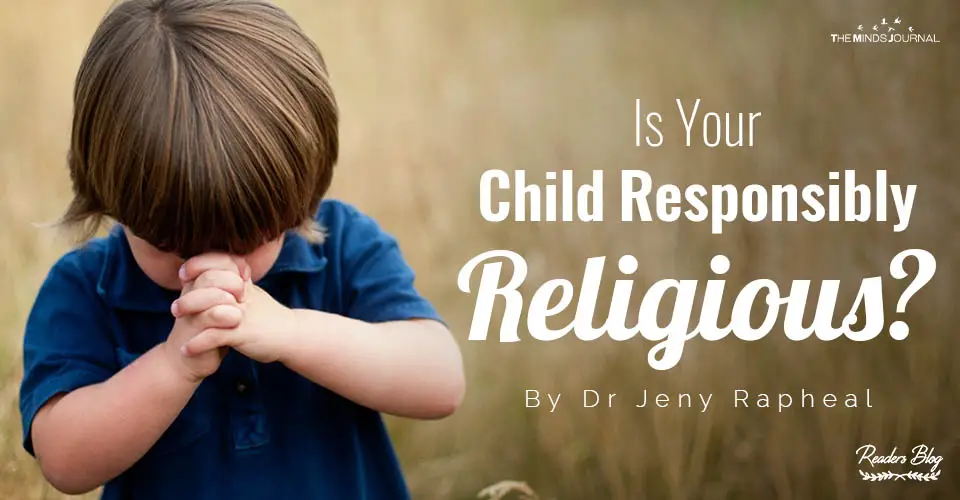

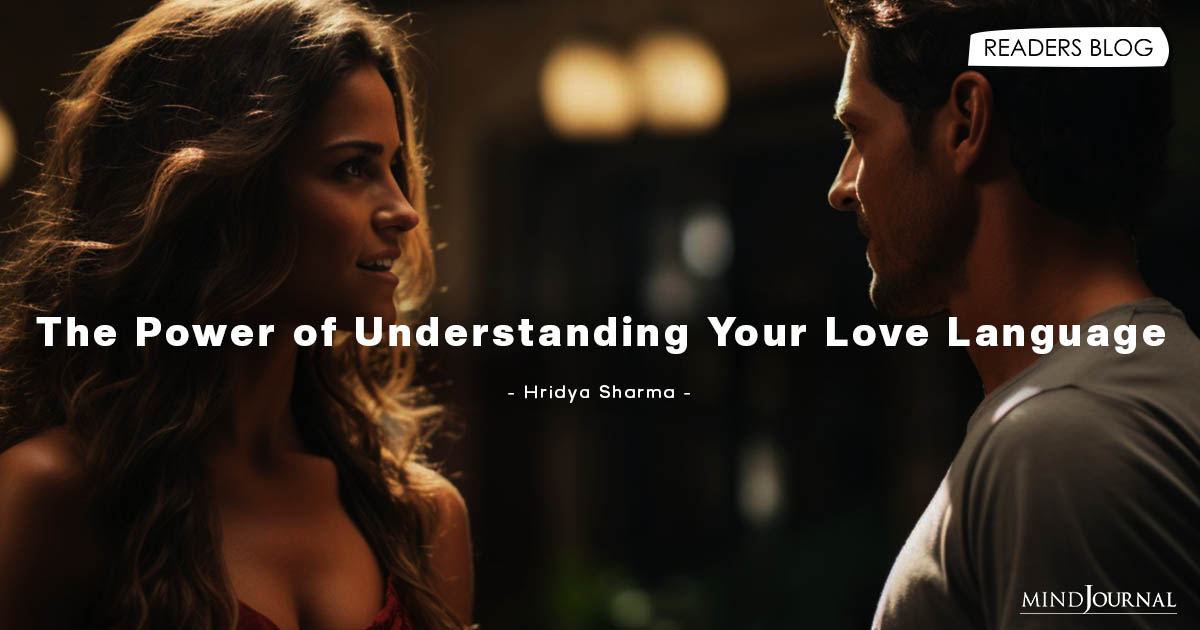
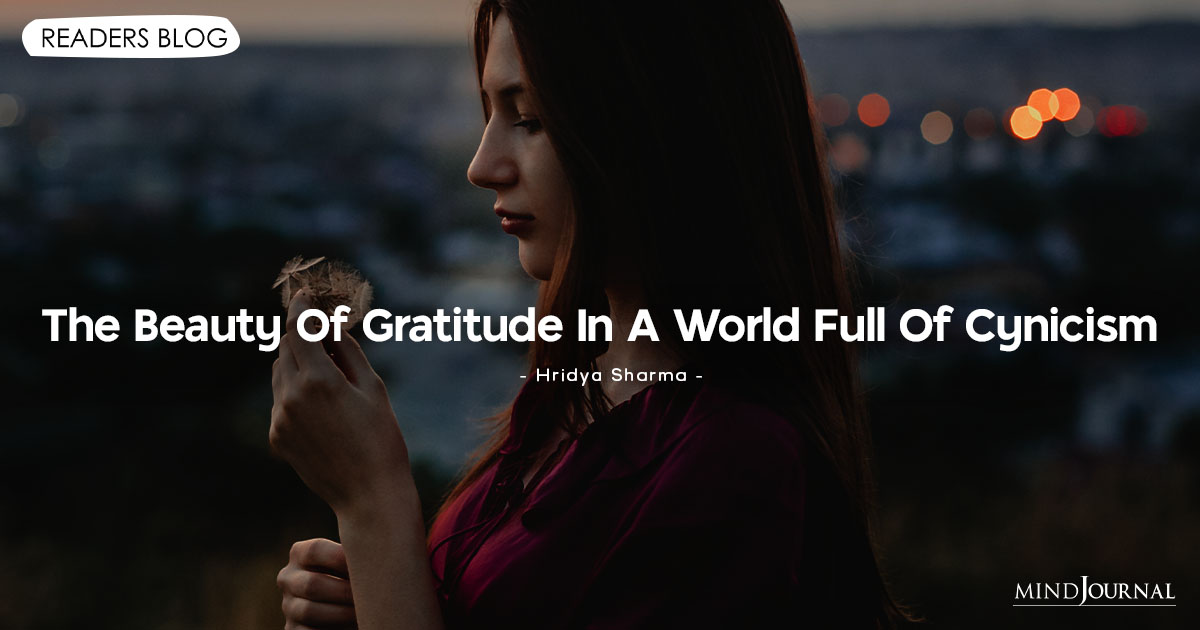


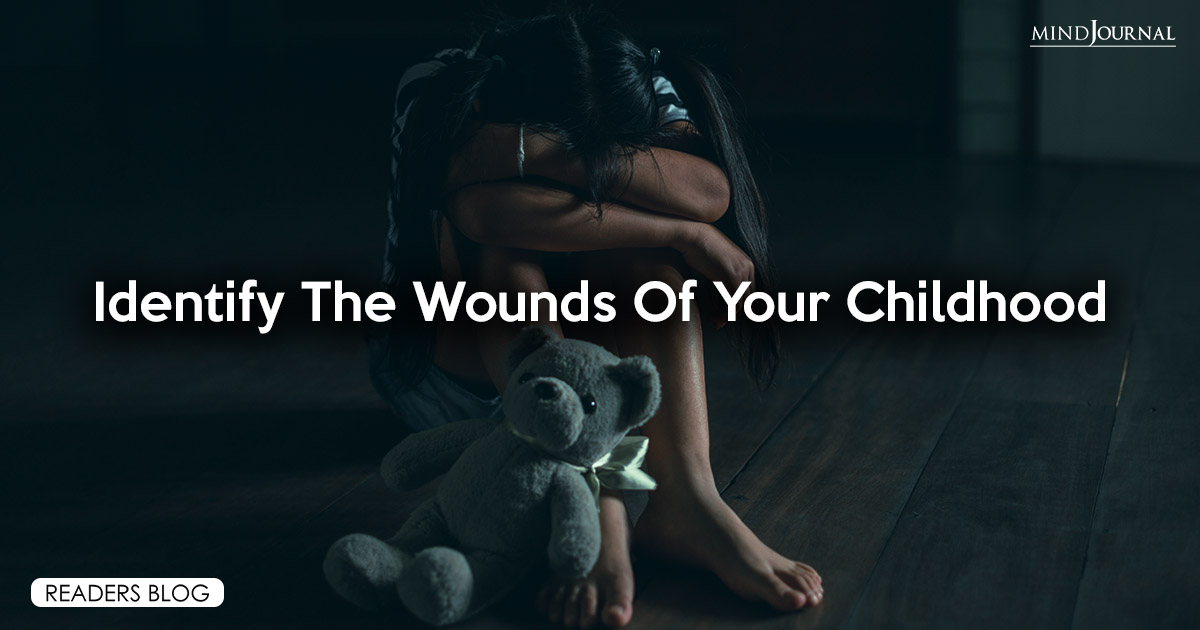
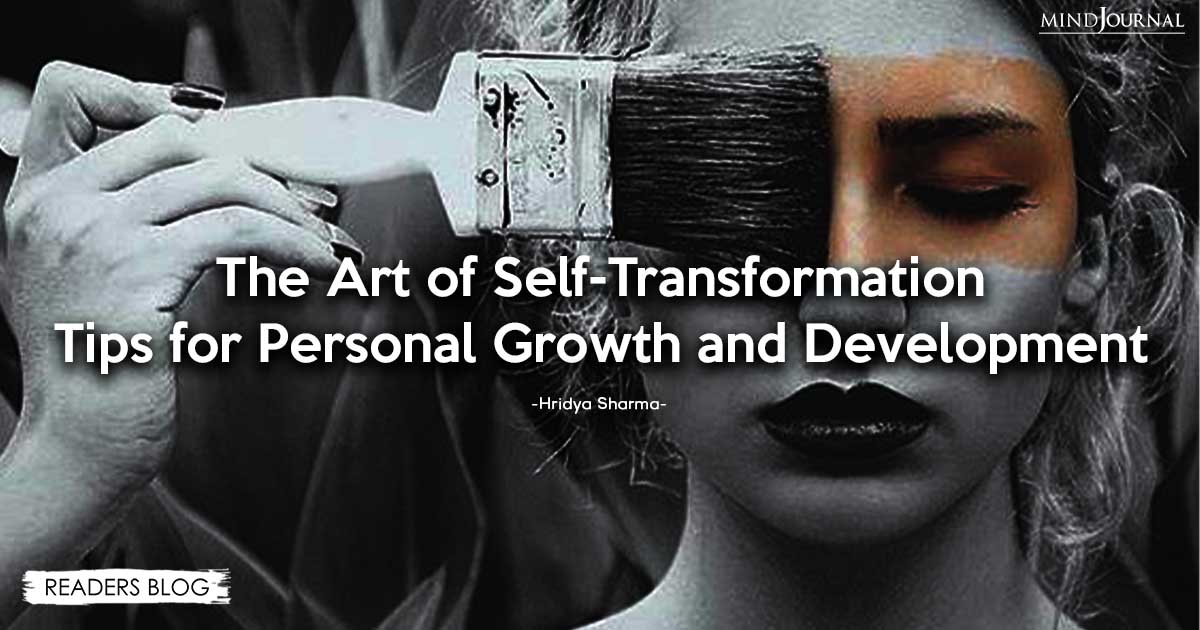
Leave a Reply
You must be logged in to post a comment.